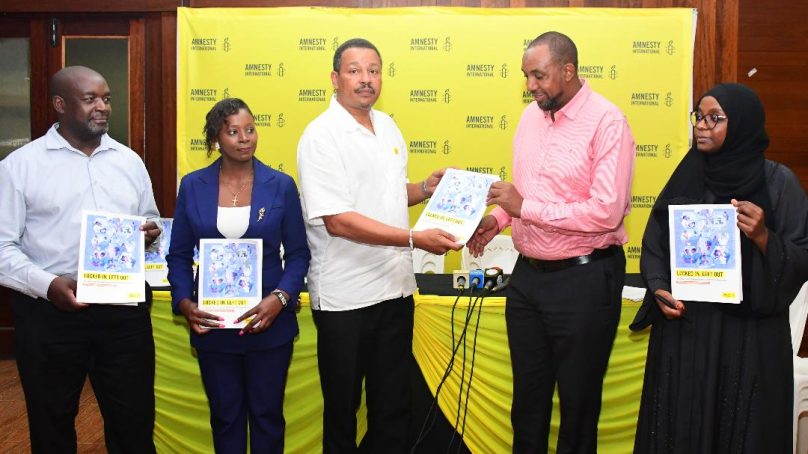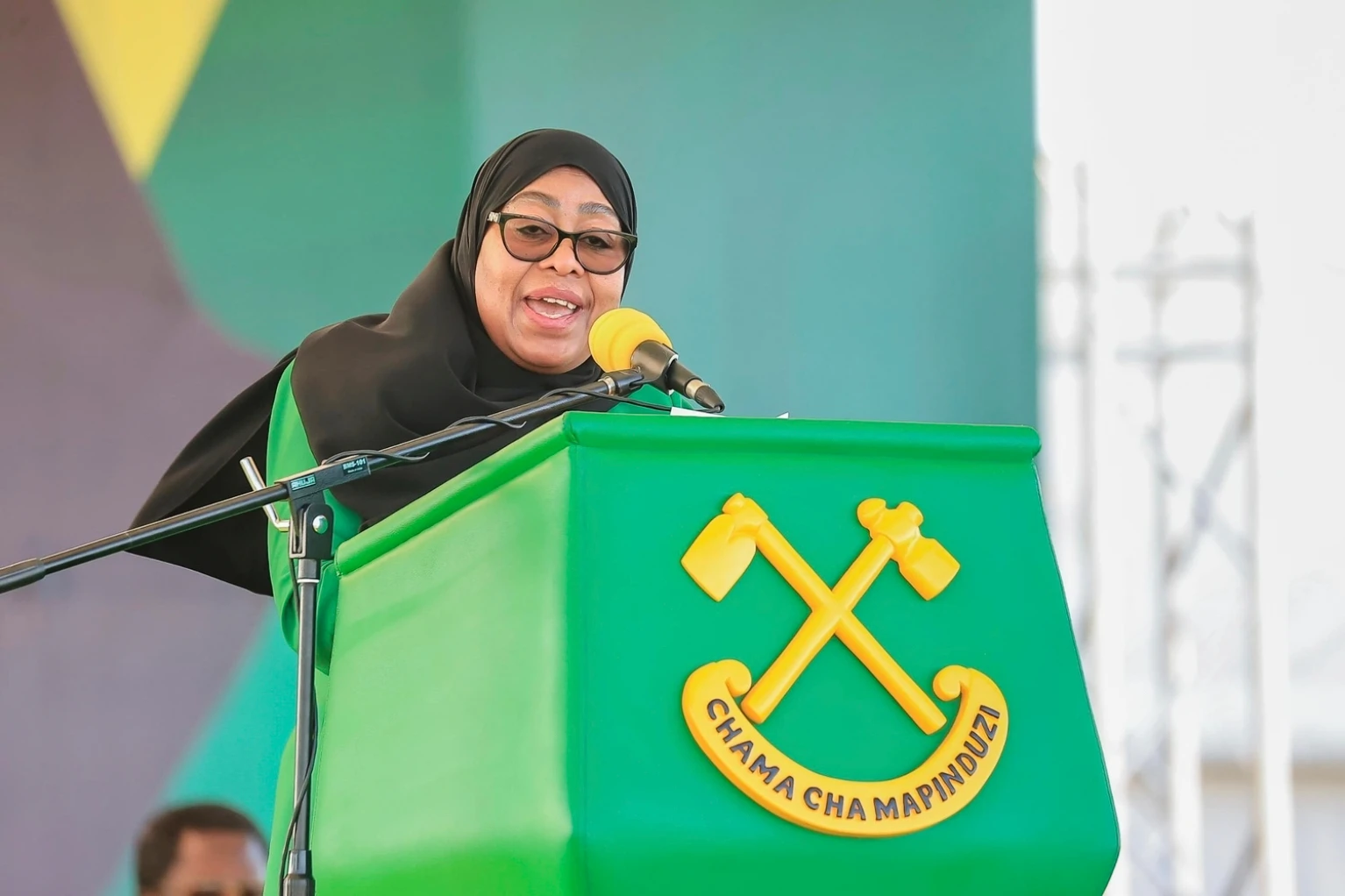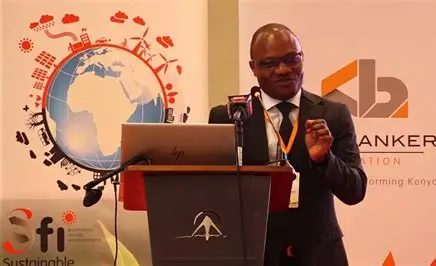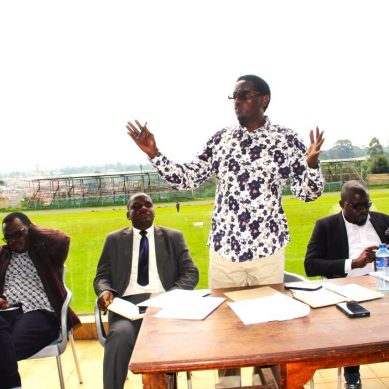
Amnesty International wants Kenya to ensure bilateral labour agreements reached with Saudi Arabia are human rights-based and include clear protection guarantees for domestic workers.
The protections should align with international standards and address key areas such as ethical recruitment, the employer-pays principle, working and living conditions, fair payment of wages, non-discrimination, explicit dispute resolution and access to justice.
The organisation made the appeal during the release of its new extensive report, Locked In, Left Out: The Hidden Lives of Kenyan Domestic Workers in Saudi Arabia. The report documents the experiences of over 70 women who previously worked as domestic workers in the Gulf nation.
“Whereas the story may be familiar to many Kenyans, this is a significant piece of research that documents the testimonies of up to 70 women regarding the gruelling, abusive and discriminatory working conditions,” said Amnesty International- Kenya Executive Director Irungu Houghton in Mombasa.
“Much of what we have described in this report can amount to forced labour and human trafficking. In many cases we have seen signs of what we would call modern slavery,” he added.
He said most of those who testified in the report were deceived by their recruiters, made to work under brutal conditions, denied a day off and prevented from leaving the house.
“They lived in awful living conditions, suffered inhumane treatment including sexual, verbal and physical assault,” expounded Irungu, adding that the employers confiscate passports, phones and withheld the wages of the workers.
Amnesty International wants Kenya and Saudi Arabia to protect the lives of Kenyan women who work in the Gulf nation. The organisation emphasised the need for Kenya’s labour migration policy to include a comprehensive protection framework to safeguard migrant workers abroad.
They are further calling upon the Saudi Arabian government to accord migrant workers equal protection under labour laws. “Kenyans are not second-class citizens.
They are similar to every other human being on the planet, and they deserve the kind of protection that Saudi workers receive under the labour laws,” stated Irungu.
He went on: “We are calling for the unequivocal dismantling of the Kafala Sponsorship System that binds foreign workers to employers, that fosters exploitation and perpetuates racism.”
They want the government to ratify the International Convention on the Rights of Migrant Workers and their Families, as well as the International Labour Organisation Convention 189 on Domestic Workers, to enhance accountability.
Additionally, the organisation urged the Kenyan government to invest more in safe houses and responsive complaint mechanisms. Legislators were also called upon to expedite the passage of the Kenyan Migrant Workers Welfare Fund, aimed at providing financial resources for the protection and support of migrant workers.
The government was lauded for setting up a toll free number for Kenyans in distress to call for assistance.
Amnesty Researcher May Romanos says that the experience of Kenyan women in Saudi Arabia is not unique, as it is one of the many challenges that migrant workers face around the globe.
“We want the systems to change on both sides. We want the Kenyan government to step in and support workers to migrate safely,” she said, urging Saudi Arabia to also respect workers’ rights.
Trace Kenya Director Paul Adoch noted that, disproportionately, the Coast region has the largest number of women travelling to the Middle East and faulted the Kafala System for the suffering of women in that region.
They want the government to ensure the bilateral agreements with Saudi Arabia protect the interests and safety of Kenyan workers.
Martha Waithera, a former Saudi Arabian domestic worker says that many young Kenyans are forced to go abroad because of lack of unemployment and many migrant workers lack information on the working conditions.
“We call on government and agencies to create awareness and have pre-departure training on the laws,” she stated, urging the government to open consular offices and safe houses in Saudi Arabian cities to complement the Embassy in the Capital City of Riyadh.
Mwanamwisho Matano, who travelled to Saudi Arabia in 2016, recounted facing racial discrimination, sexual abuse and extreme workloads.
“I worked for three months without pay. When I was hospitalized, I was told that my salary had been used to cover the medical bills,” she said.
- A Tell Media / KNA report / By Sadik Hassan








